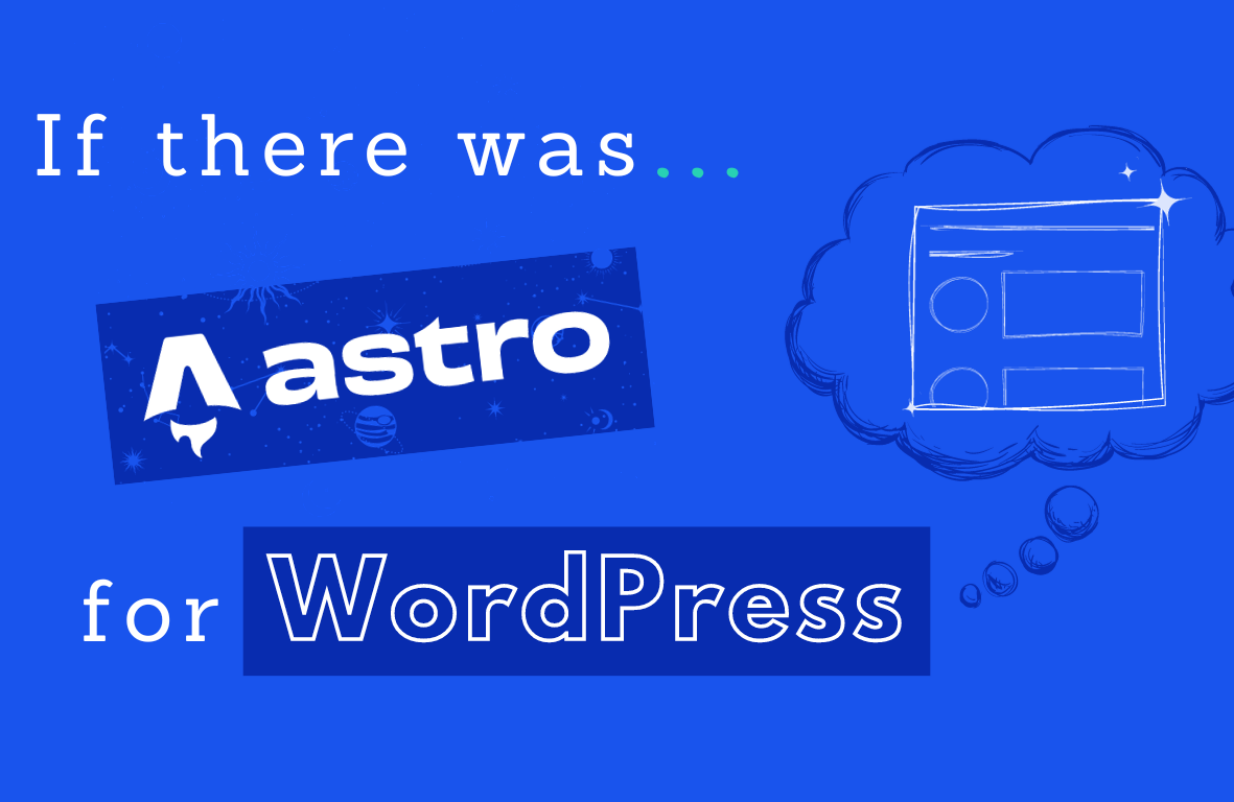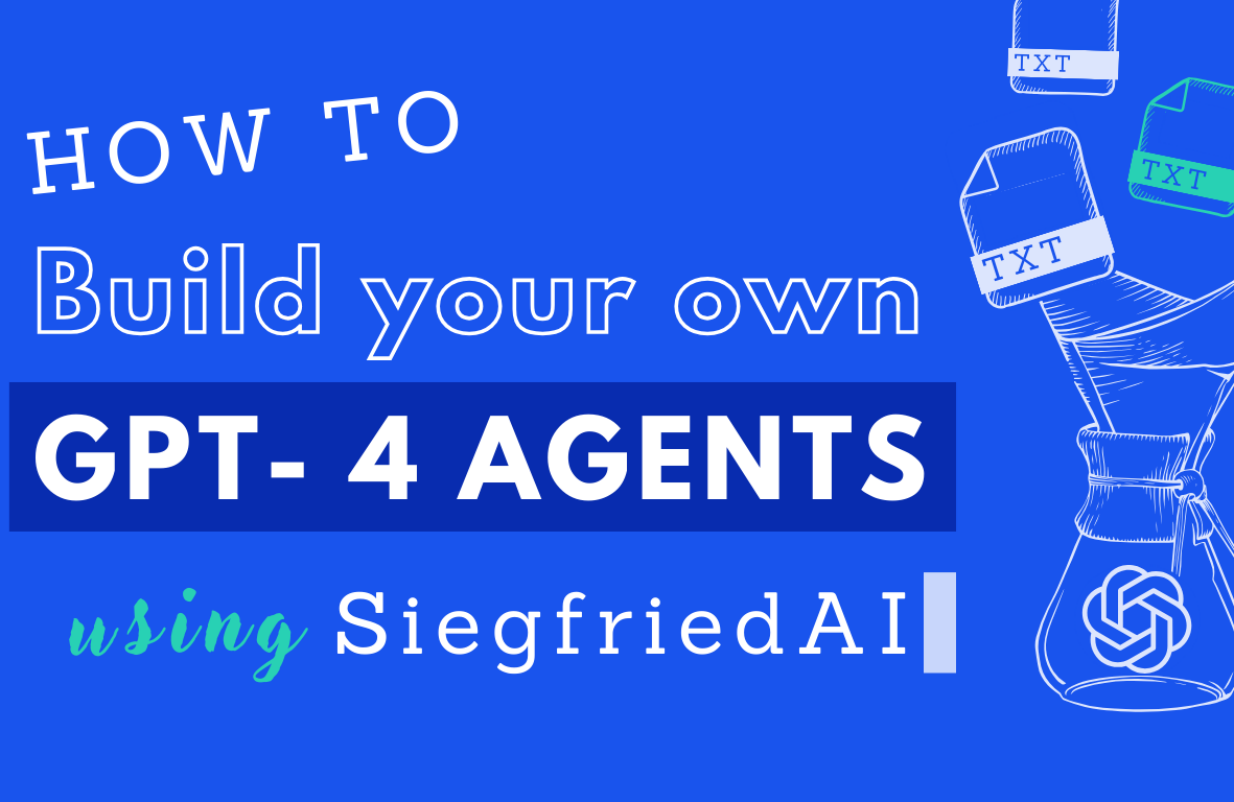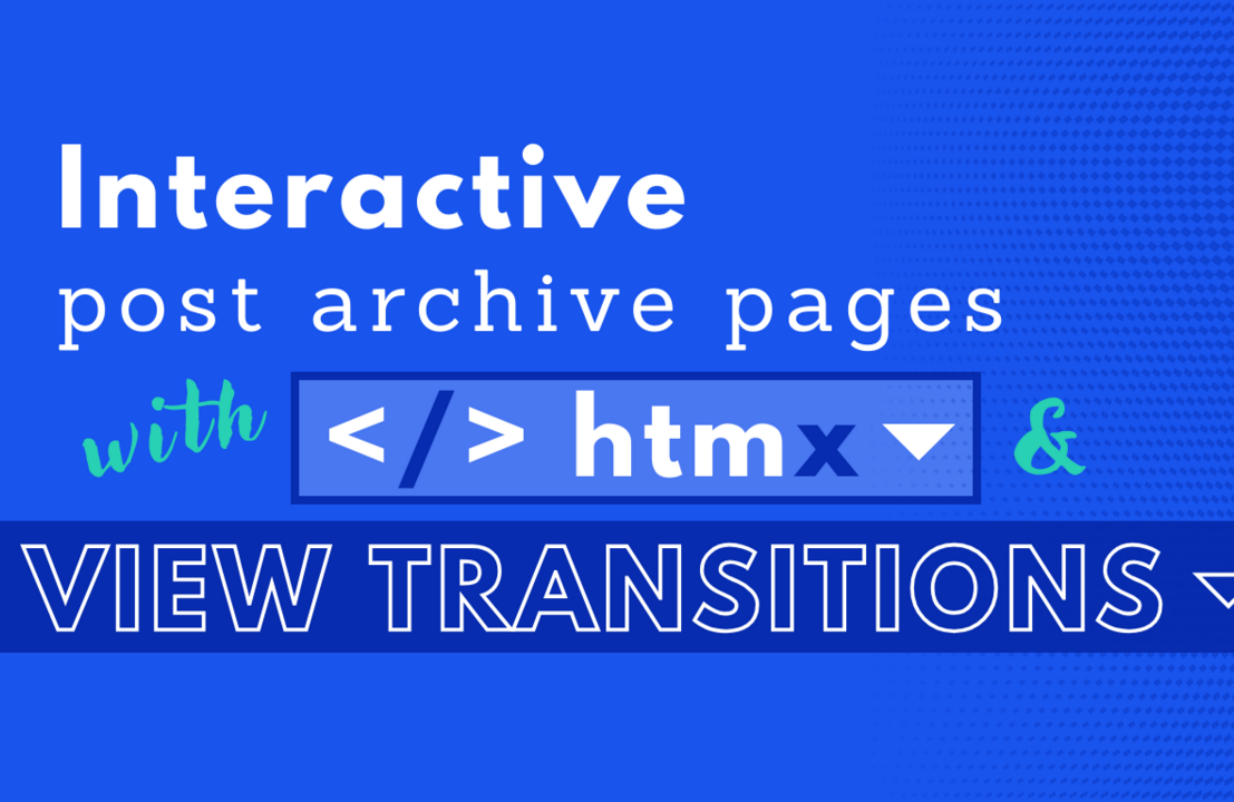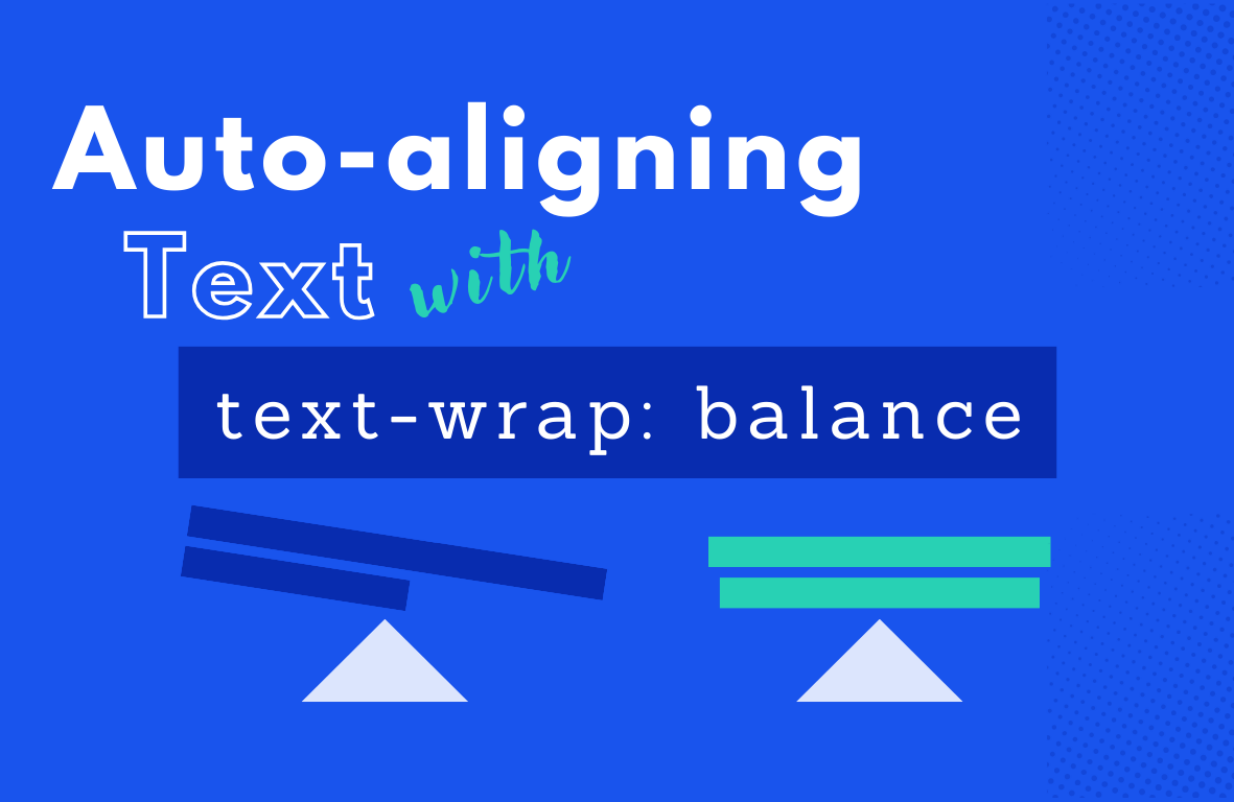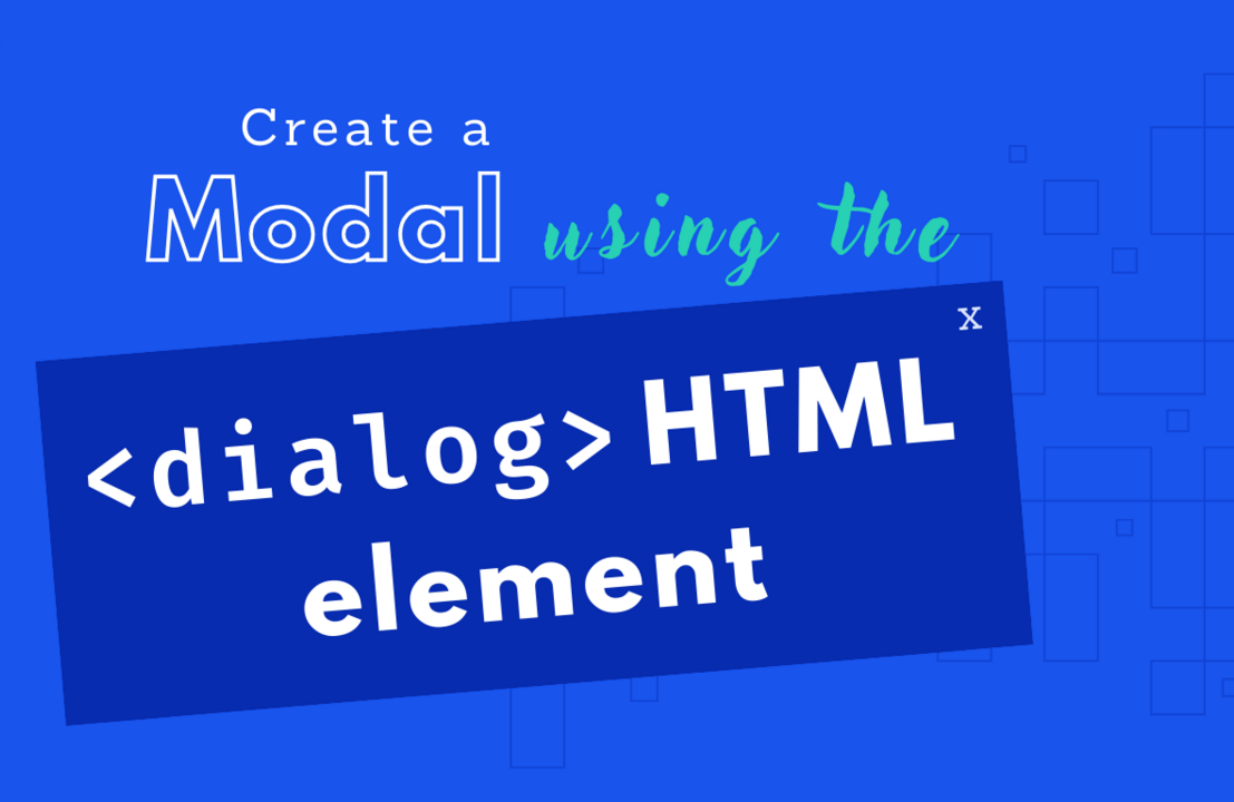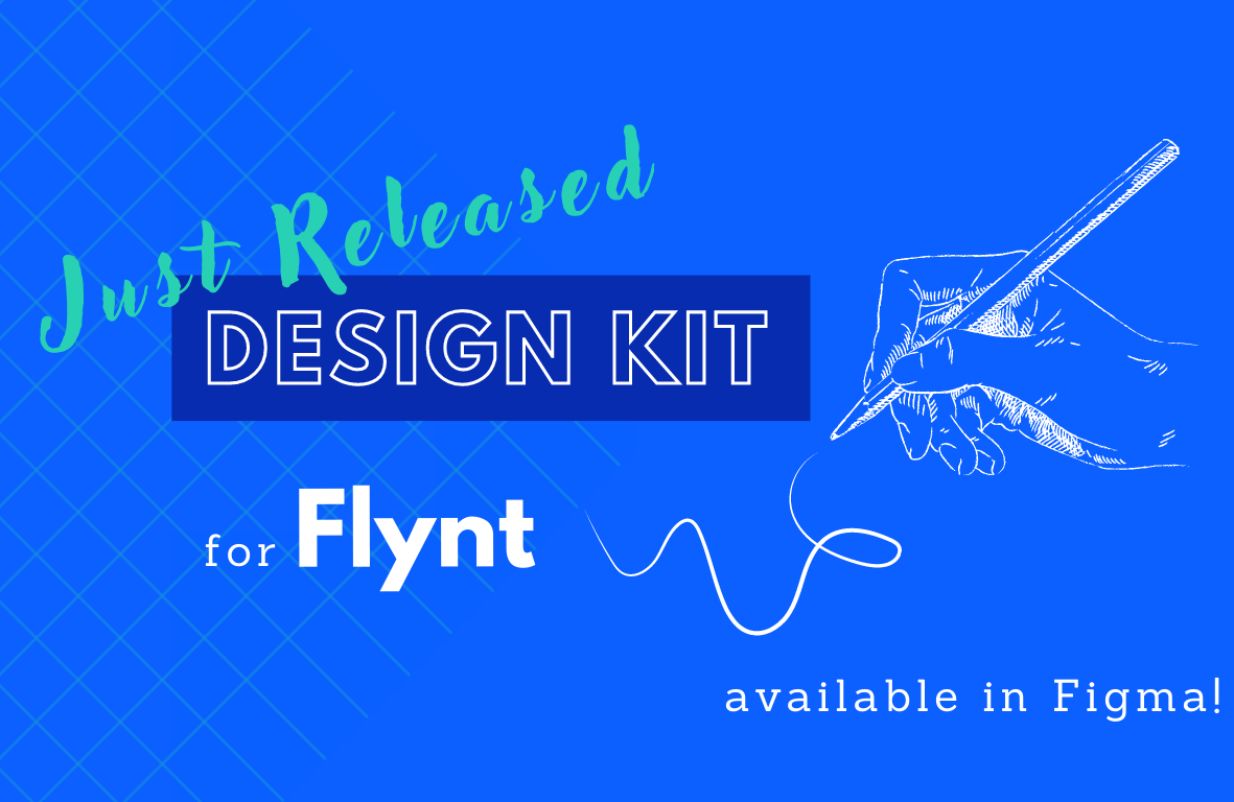in Page Speed
Usercentrics: negative influence on PageSpeed
The Smart Data Protector of the cookie consent manager Usercentrics used on websites has a negative impact on the page speed of websites. If you value fast loading pages, we advise you not to use the external service.
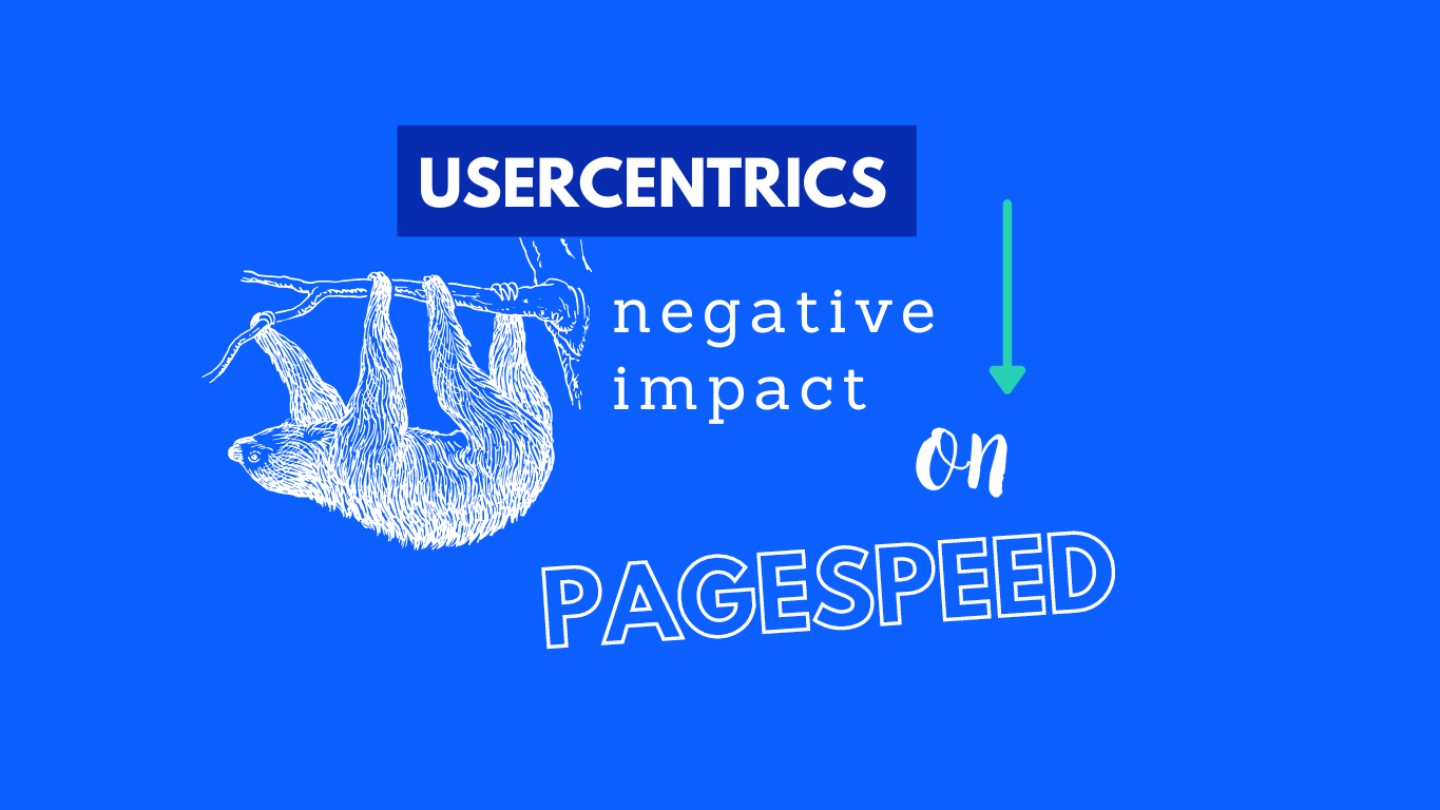
We usually achieve very strong PageSpeed on our client websites because we keep the code as lean as possible from the start. Moreover, our websites are usually based on our self-developed theme Flynt, which is optimized for speed.
However, when testing a customer website, we only achieved a below-average value of 60. Our first impulse was to turn the usual adjusting screws to optimize the loading behavior and caching.
Use of Smart Data Protector
A look at the PageSpeed audit, which we perform in specific cases in addition to our maintenance service, gave us the idea of analyzing the influence of the consent manager on loading time.
Our customer website uses Usercentrics. Unlike Borlabs, for example, settings are not made within the WordPress website, but externally in the Usercentrics profile.
What really surprised us was how much the Smart Data Protector of the external service affects the loading time of the WordPress website. The Lighthouse Score increases from 60 to 99 when we do without the consent manager.
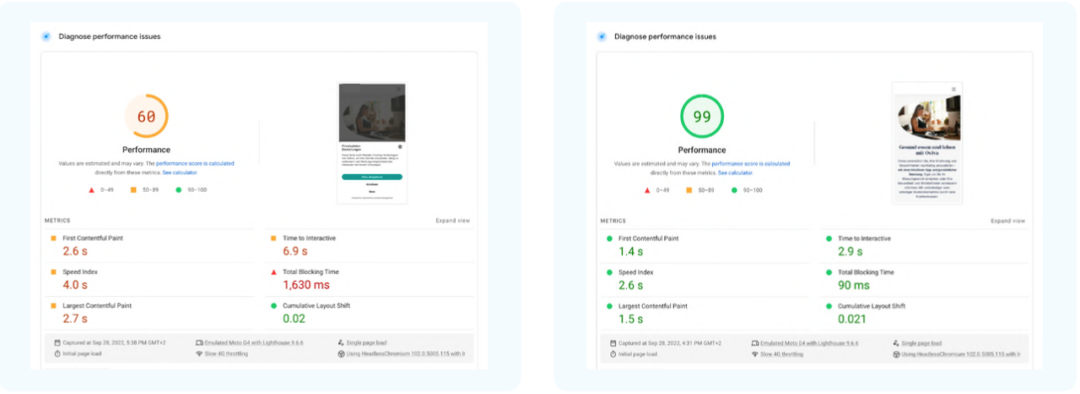
Comparison of PageSpeed with and without Smart Data Protector.
The reason for the slow loading time is that the Smart Data Protector loads and executes scripts in an inefficient manner. Our research has shown that this problem has existed for at least two years. Nothing has changed since then.
We were previously unaware of this effect of Usercentrics. This is because it is not obvious at first glance what leads to the slow loading time. So before taking measures to optimize the PageSpeed score, it pays to research the cause first.
What is the alternative to the cookie consent manager?
What can we do to keep the PageSpeed stable in the upper area? If personalized tracking is used, the website cannot avoid cookie consent.
We will investigate to find out if there is a way to work around the problem from our side. Until then, the only thing that helps is not to use the Smart Data Protector or any other external service. Instead, we recommend installing a plugin whose loading behavior can be easily controlled (e.g. Borlabs) or developing a cookie consent solution yourself.
Does it really need a consent manager?
We recently stopped using personalized tracking on our own website. Because we asked ourselves: Is it really necessary for us to collect and store thousands of user data if we ultimately do not evaluate them at all?
As an alternative to Google Analytics, we now use the privacy-first provider plausbile.io. With this service, no personal data of our visitors is collected. Instead, we receive all access numbers again.
Among many other advantages, we got also rid of the annoying cookie banner and don’t have to worry about a consent manager slowing down our website.
Share the article with your community if you find it helpful!


